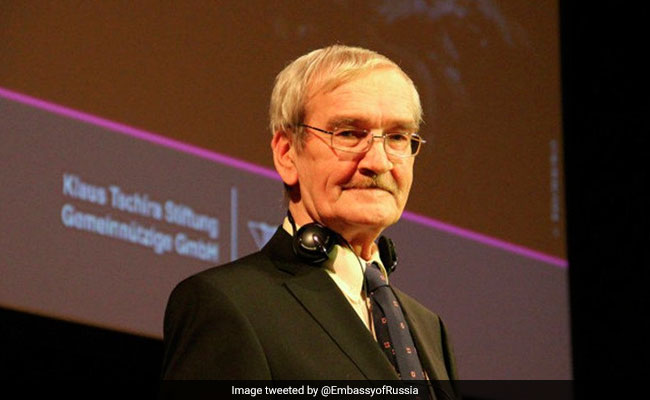The alarm on that September night was the result of data passed from Soviet early-warning satellites monitoring for possible missile launches by spotting the heat from a rocket engine against the dark background of space. The newest satellite, Oko No. 5, was the most sensitive, and sending more than double the usual signals to computers at Petrov's center, Serpukhov-15. Petrov knew the satellite's data had to be checked; there could be errors at dusk, when the missile fields being watched passed from day to night, a murky and blurry zone.
On this night, the data from Oko No. 5 triggered the attack alarms, a warning of "high reliability," and it fell to Petrov to respond. He was frightened, but he reasoned that the United States would not start a nuclear war with just one missile. He called his superior and declared it was a false alarm. Next, the sirens went off and he faced a report of five missiles launched; he again told his superiors - based entirely on a gut instinct - that it was a false alarm. By doing so, he prevented a chain of reactions by higher-level officials that could have led to catastrophe.

Stanislav Petrov, 77, died May 19, living alone outside Moscow
Despite all the precautions, if a decision has to be taken to launch nuclear-armed missiles - and every president is schooled in a procedure to do so - it may be amid enormous uncertainty, fear, chaos and technical fallibility. Thank goodness Petrov did the right thing. Now the world, led by the United States and Russia, should find a way to back away from this danger.
(This story has not been edited by NDTV staff and is auto-generated from a syndicated feed.)


